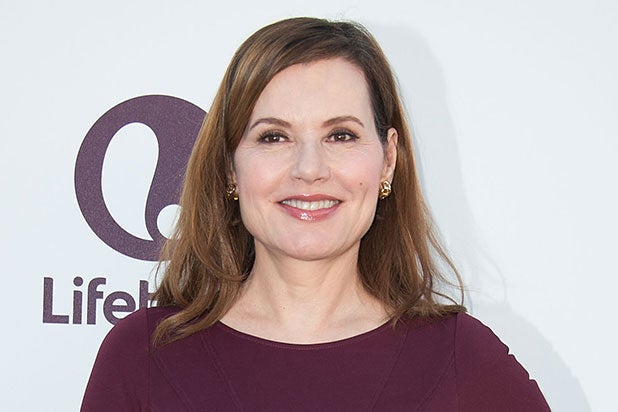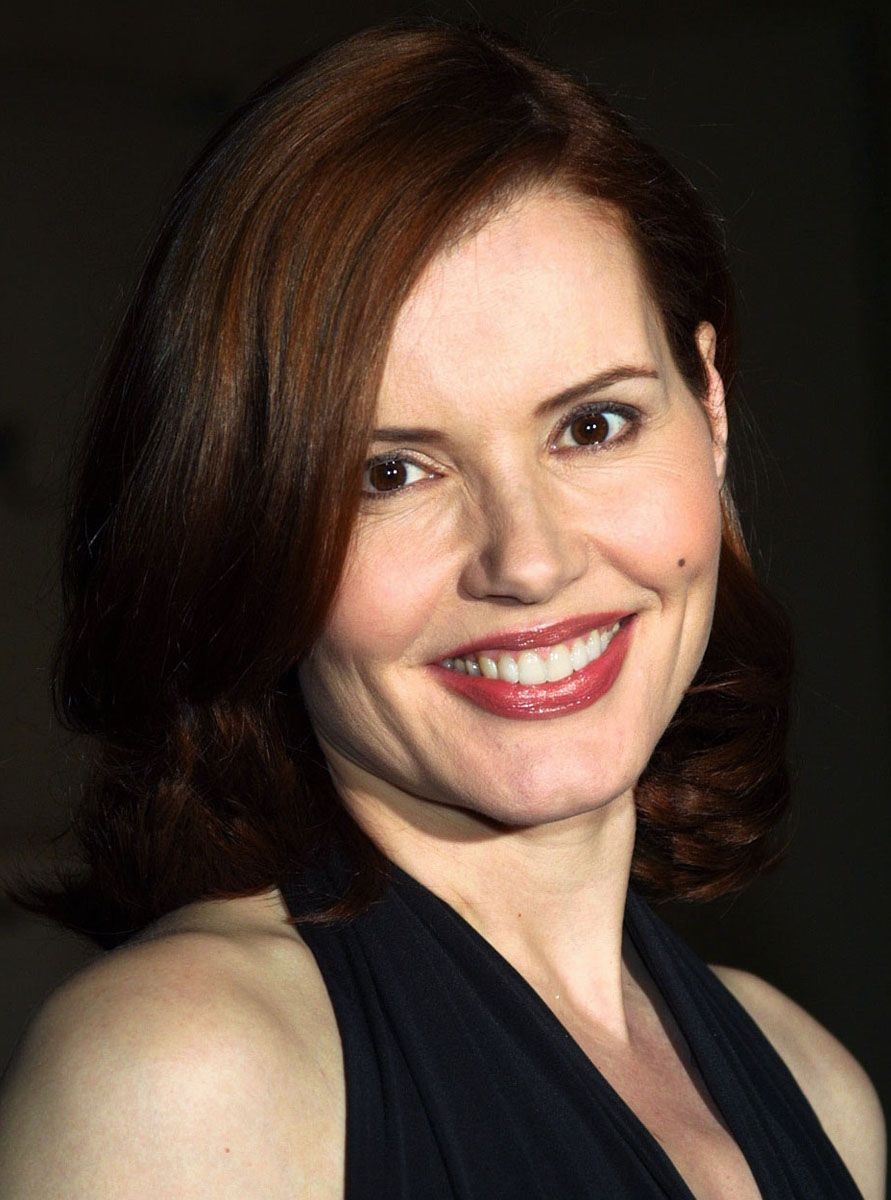
Men get to experience that every time they watch a movie, but women not so much. And it’s the best part of a movie, really, identifying with a character and living vicariously through them.
#Geena davis this changes everything movie#
“It made me realize, in a profound way, how few opportunities we give women to come out of a movie theater feeling inspired and empowered by this female character. “I was profoundly impacted by the reaction of people seeing the movie,” she says. Certainly, though, she thinks it starts with people making “very conscious decisions to try to overcome their biases and do better.”ĭavis herself made the decision to work against bias after she did “Thelma & Louise” in 1991. In fact, as the doc explores, the state of women in Hollywood today is in many ways a giant step backwards from the early days of silent film, when directors included Lois Weber, who not only started her own production company but signed the “most lucrative” production deal at the time when she pacted with Paramount in 1917.ĭavis admits she doesn’t know “the magic answer” to make the steps being taken to correct the course on parity in the film and television industry consistent and permanent, as opposed to something that may just revert in a few years. “But behind the camera, people have known the numbers for decades - there’s nobody that hasn’t known how few directors are female - and it’s done nothing to make a change.” It’s largely unconscious that films and television are so imbalanced,” she says. So that problem actually responds to research it’s where the numbers really make a huge difference. And I work primarily on in front of the camera, and I feel like it’s the lowest hanging fruit in our industry, and in general actually: It’s the easiest place to achieve parity. “There’s two very broad categories of filmmaking, and one is in front of the camera and one is behind. While Davis notes that seeing such data “shocked and horrified” FX enough into making that change - and cites both Ryan Murphy’s Half Initiative and Disney’s recent pledge to hire 40% women directors as a way of “stepping up” to the parity plate - on a broader scale, the numbers have yet to move the needle on progress. FX’s Landgraf recounts seeing in print (here in Variety) that his cable network had the worst track record for hiring women and people of color in the director position and the strides he has since taken to correct that.

Notably, CAA’s Huvane speaks candidly in the project about starting out as an agent and being encouraged to sign mostly male clients because they earn more and therefore can earn him a greater cut of the sale. It’s a time of people really speaking up and sharing their truth and a dramatic change in Hollywood,” Davis says. Henson, Natalie Portman, Paul Feig, Judd Apatow, Tracee Ellis Ross, Mara Brock Akil, Sandra Oh Shonda Rhimes, John Landgraf and Kevin Huvane, in addition to Davis, to name a few.) (“This Changes Everything” features interviews with Callie Khouri, Kimberly Peirce, Sharon Stone, Amber Tamblyn, Rose McGowen, Amandla Stenberg, Chloe Grace Moretz, Taraji P. It was the emergence of the #MeToo and Time’s Up movements that further aided in attaching many big names to the project. “I don’t think anybody at all hesitated because it was a man doing this they could see what he was doing,” Davis says.

The irony of a man making a film about the importance, but lack, of women getting important industry gigs such as directing was not lost on either of them, but it mattered most that somebody was finally willing to dive deeply into the topic. Interestingly, Davis shares that Donahue was the first person to approach her about such a project. I tried to be as active as I could and as he needed me to be,” she says. “My institute provided the research that was in the film and I tried to help get him interviews with people he was interested in talking to.

She was able to see some of what he wanted the narrative to be, and “it was right up my alley,” so she signed on as an executive producer and also agreed to sit down for one of the interviews for the piece. She recalls that he had already raised all of the funding and had acquired a number of interviews “with powerful people” before she came aboard. Davis, who originally was inspired to start her institute because she wanted her children to grow up in a world were they all saw themselves well-reflected on screen, came to the doc by way of Donahue himself.


 0 kommentar(er)
0 kommentar(er)
